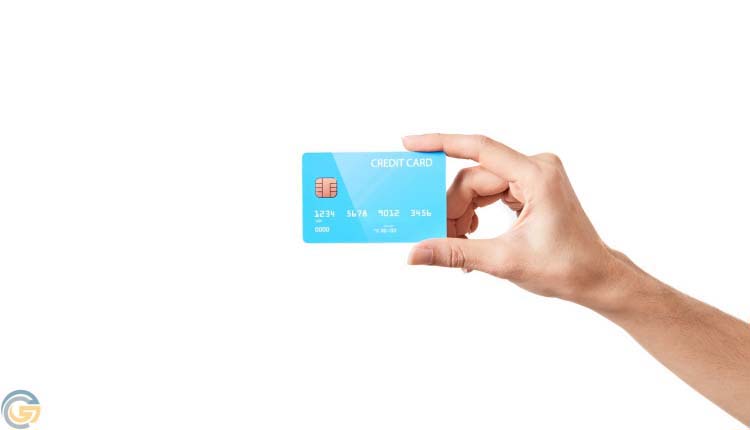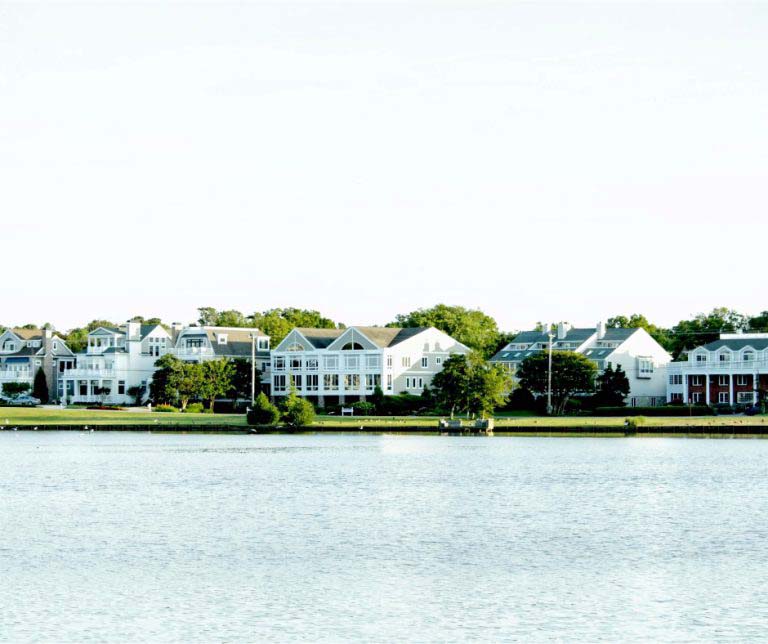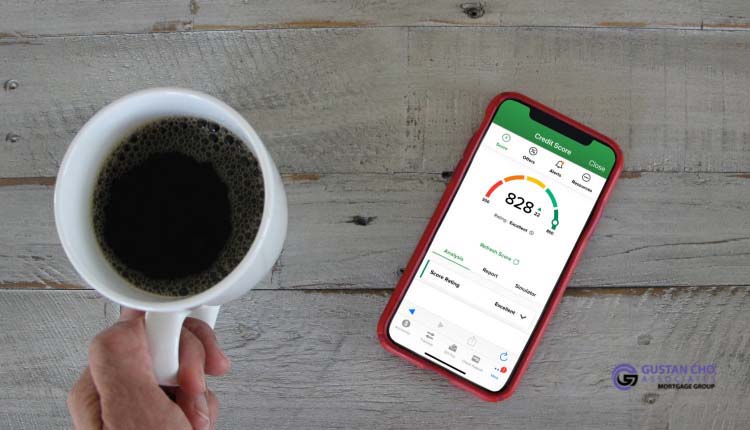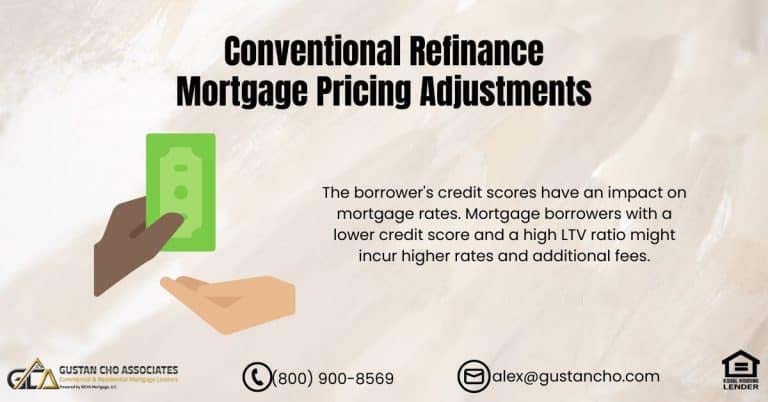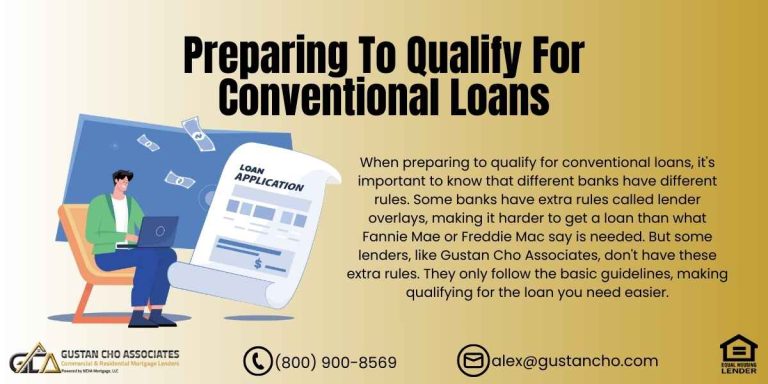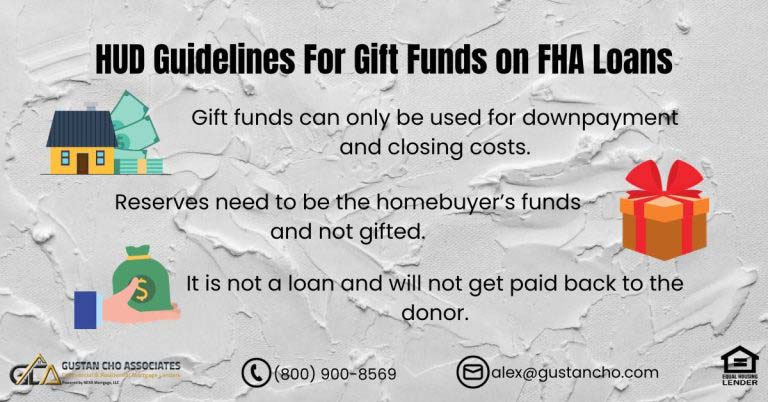Lenders can cover borrowers’ mortgage refinance costs with a lender, credit in lieu of a higher mortgage rate to the borrower. All mortgage loans, whether they are purchase or refinance mortgages, have closing costs. Homeowners who are thinking of refinancing their current mortgage will have mortgage refinance costs associated with their refinance. Some states have higher closing costs than other states due to higher title charges and government fees such as transfer stamps. In this article, we will cover and discuss mortgage refinance costs paid by lenders with a lender credit.
Examples of Mortgage Refinance Costs For Homeowners
Mortgage refinance costs can sometimes be paid with a lender credit. However, it’s important to understand how this works and under what circumstances it may be available. Lender credit is a rebate or credit that a lender may offer to cover some or all of the closing costs associated with a mortgage refinance.
Lender credit is not always available, and its availability can depend on several factors. Your credit score and financial situation also play a role.
Lenders may be more likely to offer lender credits to borrowers with strong credit histories and stable finances. The availability of lender credits can also vary depending on the type of loan you are refinancing. For example, FHA and VA loans may have different rules and regulations regarding lender credits than conventional loans.
Talk To a Loan Officer Click Here
Market Conditions
Depending on market conditions and competition among lenders, lender policies and offerings can change over time. What was available in the past may not necessarily be available in the future. It’s important to consider the trade-offs of accepting a lender credit in exchange for a higher interest rate.
While it can make a refinance more affordable upfront, you may pay more in interest over the life of the loan if you choose a higher interest rate.
Before proceeding with a mortgage refinance, it’s advisable to shop around and compare offers from different lenders. Be sure to read and understand the terms and conditions of the loan, including any lender credits and their impact on your overall financial situation.
Paying Mortgage Refinance Costs With Lender Credit
Consulting with a mortgage professional or financial advisor can also help you make an informed decision based on your circumstances. Lenders may offer a higher interest rate to cover some or all closing costs. This is sometimes called a “no-closing-cost” or “zero-closing-cost” refinance. The lender may charge a slightly higher interest rate than you would receive if you paid the closing costs upfront. Here are examples of mortgage refinance costs:
- Title charges
- Transfer stamps
- Recording fees
- Pre-paid
- Homeowners insurance premium
- Discount Points
- Origination fees
- Appraisal fees
- Other third party charges
Your LTV ratio, which is the ratio of your loan amount to the appraised value of your home, can affect the availability of lender credits. Lenders may be more willing to offer credits if you have a lower LTV ratio because it represents less risk for them.
Net Tangible Benefit To Borrower
In order for a loan officer to be able to refinance a mortgage for a homeowner, there needs to be a net tangible benefit to the borrower. Lower mortgage interest rates alone do not mean that the borrower has a net tangible benefit. Here are some things that borrowers need to consider before refinancing
-
- How long is the homeowner intending on living at the present home being considered to refinance?
- How much is the mortgage refinance costs?
- How long will it take for the borrower to recoup the mortgage refinance costs?
How Much Are Refinance Costs
The total fees and costs are dependent on the following:
-
- Mortgage interest rates
- Discount Points
- Location of property: Some states or counties are more expensive
- Other third-party costs
Discount Points To Buy Down Rates

Case Scenario Mortgage Refinance Costs Paid With Lender Credit
Here is a case scenario on buying down mortgage rates with discount points: $100,000 mortgage, the costs might be between $3,000 and $6,000. Closing costs involve title charges, origination fees, pre-paid, and other closing costs. Say par rate is 4.0% but the borrower can pay 2% of the loan amount or 2% in discount points which is $2,000 to get a 3.75% rate.
Buying down the rate may or may not be beneficial to the borrower depending on the time it takes to recover and reach the break-even point.
If the borrower saves $200 per month, it takes them 10 months to reach the break-even point to make up the 2% discount points or the $2,000. Homeowners not intending on keeping the property for a certain period of time, it may not be beneficial for them to refinance as well as buy down the rate with discount points.
Lender Credit To Cover Closing Costs
Many homeowners do not even consider on a refinance loan because they feel that they might have to come up with the mortgage refinance costs separately. That is absolutely not the case. Closing costs can be covered in three different ways:
- Closing Costs can be paid by the homeowner at the time of closing with cash to close
- Closing costs can be rolled into the mortgage loan balance
- Closing costs can be paid by the lender with lender credit towards closing costs
On home purchases, closing costs can be paid with seller concessions by sellers towards buyer’s closing costs. Loan officers can go over, the best option program with borrowers. Rolling the closing costs into the loan might not work for some refinance mortgage loan borrowers because they might not qualify because it exceeds the maximum FHA or Conventional Loan Limits.
FHA Streamline Refinance With No Closing Costs
Homeowners with a current FHA Loan can do an FHA Streamline Refinance with no closing costs. Here Is How FHA Streamline Refinance Works. No credit score required: The only credit requirement is that homeowner be timely with their current FHA Loan for the past 12 months. No income verification: Debt-to-income ratio is not an issue. No home appraisal required: HUD does not require a new appraisal because under FHA eyes, they are already insuring the home and why would a new appraisal be required with the same property that they are insuring.
How Are Refinance Closing Costs Paid
All closing costs will be covered by lender, credit, and paid by the lender Not every mortgage company offers lender credit. Gustan Cho Associates covers all closing costs on FHA Streamline Refinances. Borrowers get to skip two mortgage payments once they do an FHA Streamline Refinance. Most FHA Streamline Refinances take two weeks to close. Homeowners who have mortgage interest rates of higher than 5.5% can benefit from FHA Streamline Refinance with no mortgage closing costs. Please contact us at Gustan Cho Associates at 800-900-8569 or text us for a faster response. Borrowers can also email their mortgage inquiries to gcho@gustancho.com.




